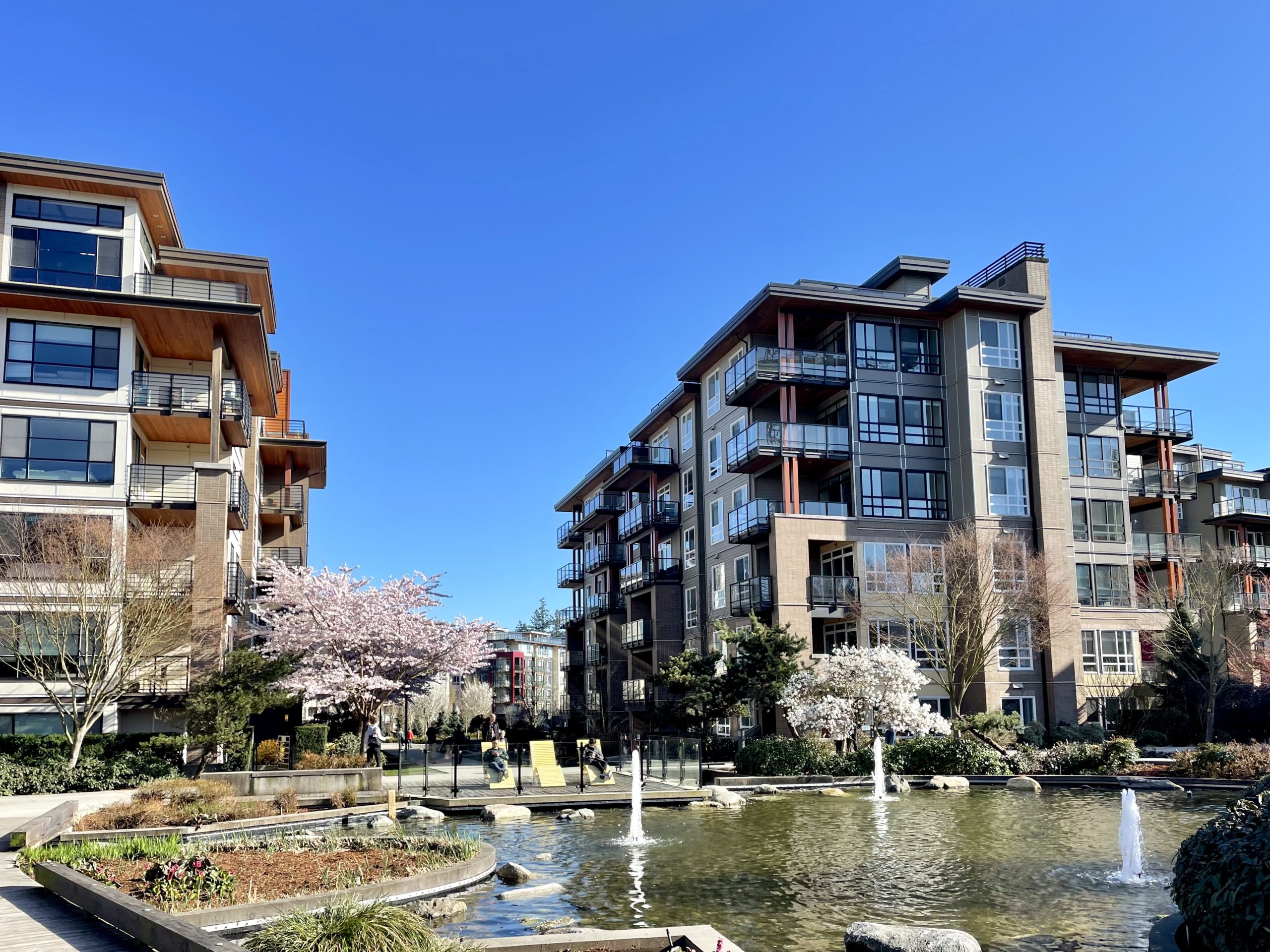Rising rents on campus continue to pose a challenge to residents and UBC students.
Throughout the academic year, anonymous discussions online among students highlighted the struggles many face as they deal with the burden of steady increases in rental fees and a general rise in the cost of living.
While the summer will see many students leaving campus, UBC’s housing problems will remain and await those who return next September.
Average rents have been steadily increasing across Canada, evidenced by a 10 per cent year-over-year increase when they reached a record high in January 2024 according to CBC news. Rents have since stabilized, but the effects of a high cost of living continue to be felt.
Vancouver ranks first in the list of the most expensive Canadian cities for renters, with the average one-bedroom unit listed at $2,633 and a two-bedroom at $3,611 as of April 2024 according to rentals.ca.
And as many students and residents know, condominiums and houses for rent on campus and throughout the university neighbourhoods are considerably more expensive compared to other parts of Vancouver,
The issue was highlighted earlier this year when a UBC student garnered attention from fellow students and the media for his creative way of avoiding paying such high rental prices in Vancouver by flying from Calgary to Vancouver twice a week to attend classes on the Point Grey campus.
Connie, a resident in the UBC and University Endowment Lands area who asked to be identified by her first name told The Campus Resident, “I can’t move out of my old apartment despite frequent leaking and repair considering the price to find and rent new places in the UEL/UBC area.”
Some factors driving high demand in the university neighbourhoods include convenient transportation, walkability, well-designed public spaces such as community centres, and culturally supportive housing.
According to the UBC Faculty and Staff Housing Needs Assessment and Programs Review – a 2022 report prepared by Vancouver-based consultancy Urban Matters – employees in low to moderate income households are particularly vulnerable, facing unaffordability and hardship in the regional housing market.
High demand and restrictive eligibility criteria prevent many UBC staff from obtaining housing.
A low vacancy rate, coupled with soaring rents, exacerbates the housing problem as less affordable rental units are available.
Overall, housing options in the UBC neighbourhoods include leasehold strata units and market rental units, as well as faculty and staff-restricted rentals. These are non-market housing units owned by the university and managed by Village Gate Homes. This type of housing offers rents 25 per cent below market to UBC employees.
But those rates aren’t available to students and those who fail to meet UBC’s criteria. The result is a limited range of housing options, and mostly in the higher-priced private market.
That affects people like Jessica, who spoke to The Campus Resident and also asked to be identified only by her first name.
Currently living on Dunbar Street with her family, she said she would like to move to the university neighbourhoods for the amenities and school, but high rents and limited availability are preventing them from moving.
Though it seems like new construction is constantly underway on campus—particularly Wesbrook Place—housing completions on campus made up only 2 per cent of the total growth in the combined markets of Vancouver, Richmond, Burnaby, and Surrey in the past five years, according to the Urban Matters report.
Despite the university’s efforts, the number of rental units completed still does not meet demand.
Stakeholders agree there is a pressing need for more housing as limited options are forcing households to relocate for more affordable options away from UBC or compromise with smaller unit sizes due to high cost of upsizing.
To address these issues, UBC has created a Housing Action Plan, which is a policy approved by the university’s Board of Governors to improve housing choice and affordability for faculty and staff and expand the number of beds for students.
The plan aims to boost the current commitment for rental housing from 30 to 40 per cent of all new housing. That includes a 25 per cent increase in below-market rentals for faculty and staff rental and a 15 per cent increase in on-campus student accommodation, resulting in an increase of at least 17,300 beds from the current stock of 14,000.
While it is hoped that these efforts, along with plans to add more affordable housing in the leləṁ neighbourhood, will eventually lead to more affordability, housing prices remain a pressing issue in the short term.
SEOHYEON PARK IS PURSUING HER BACHELOR’S IN PHARMACEUTICAL SCIENCES AT UBC.
